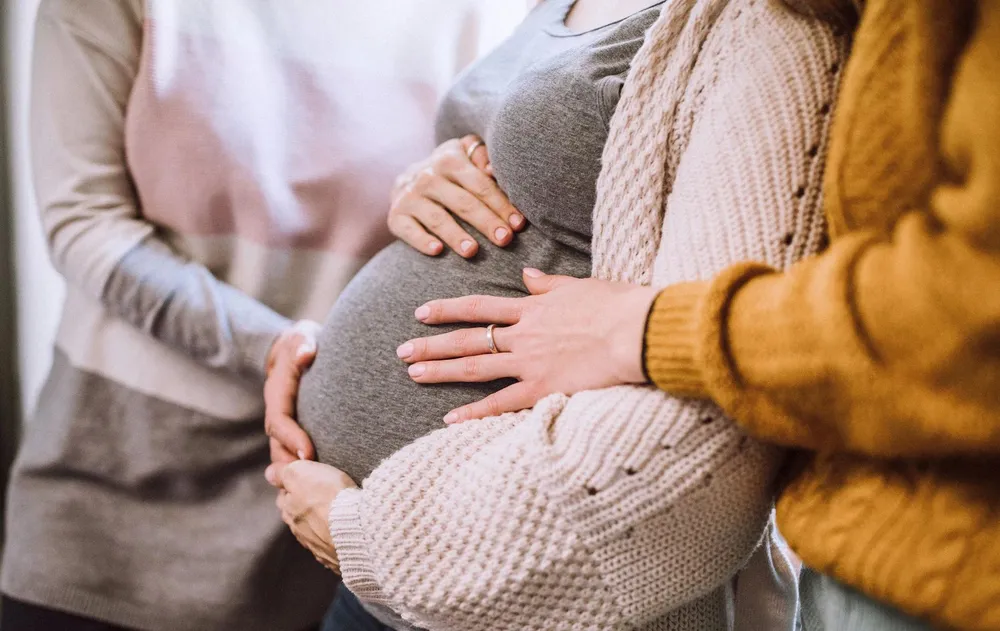
Decree regulating the donation, receipt, use, storage, and deposit of sperm, eggs, and embryos; giving birth using assisted reproductive techniques; conditions, records, procedures, and authority permitting medical examination and treatment facilities to perform in vitro fertilization and surrogacy for humanitarian purposes; conditions for surrogacy for humanitarian purposes.
The Decree stipulates that sperm, egg, and embryo donation in assisted reproductive technology must comply with the principle that donations can only be made at a facility licensed to store sperm, eggs, and embryos.
Donated sperm, eggs, and embryos can only be used by one woman or one couple to produce a child. Donation and receipt of sperm and embryos are carried out anonymously between the donor and recipient.
Assisted reproductive technology is only performed for infertile couples or those with medical indications and single women who wish to do so.
Couples who request surrogacy, surrogate mothers, and children born through surrogacy for humanitarian purposes are guaranteed privacy, personal secrets, family secrets, and are respected and protected by law.
The Decree also clearly stipulates the conditions for facilities permitted to perform surrogacy techniques for humanitarian purposes, such as having at least 2 years of experience performing in vitro fertilization techniques, of which the 2 most recent years up to the time of application submission must have performed at least 500 in vitro fertilization cycles per year; having a medical consultant who is an obstetrician, a psychological consultant with a university degree in psychology or higher or a doctor with a training certificate in the field of psychology, a legal consultant with a bachelor's degree in law or higher.
Medical consultants must be employees of the medical examination and treatment facility. Psychological consultants and legal consultants must be employees of the medical examination and treatment facility or cooperate with the law.
The Minister of Health, the Minister of National Defense, and the Minister of Public Security shall decide to allow medical examination and treatment facilities under their management to perform surrogacy techniques for humanitarian purposes.
According to regulations, relatives of the wife or husband who ask for surrogacy for humanitarian purposes include: full brothers and sisters, half brothers and sisters, children of their uncles, aunts, and paternal aunts.
After receiving a complete application as prescribed, the facility licensed to perform surrogacy for humanitarian purposes must conduct a health examination of the surrogate mother and the couple requesting the surrogacy; confirm that the wife requesting the surrogate mother cannot become pregnant and give birth even when using assisted reproductive technology; and confirm the surrogate mother's ability to become a surrogate mother.
In case the surrogate mother and the couple requesting the surrogacy meet the health conditions to perform the surrogacy, the facility licensed to perform surrogacy techniques for humanitarian purposes shall perform and confirm the consultation with the parties on medical, psychological (benefits and risks that may occur during the surrogacy process), legal (rights and obligations of each party according to the provisions of law); and perform the surrogacy technique.
The Decree takes effect from October 1, 2025.
Source: https://www.sggp.org.vn/chinh-phu-quy-dinh-ro-dieu-kien-cua-co-so-duoc-phep-thuc-hien-ky-thuat-mang-thai-ho-vi-muc-dich-nhan-dao-post804077.html


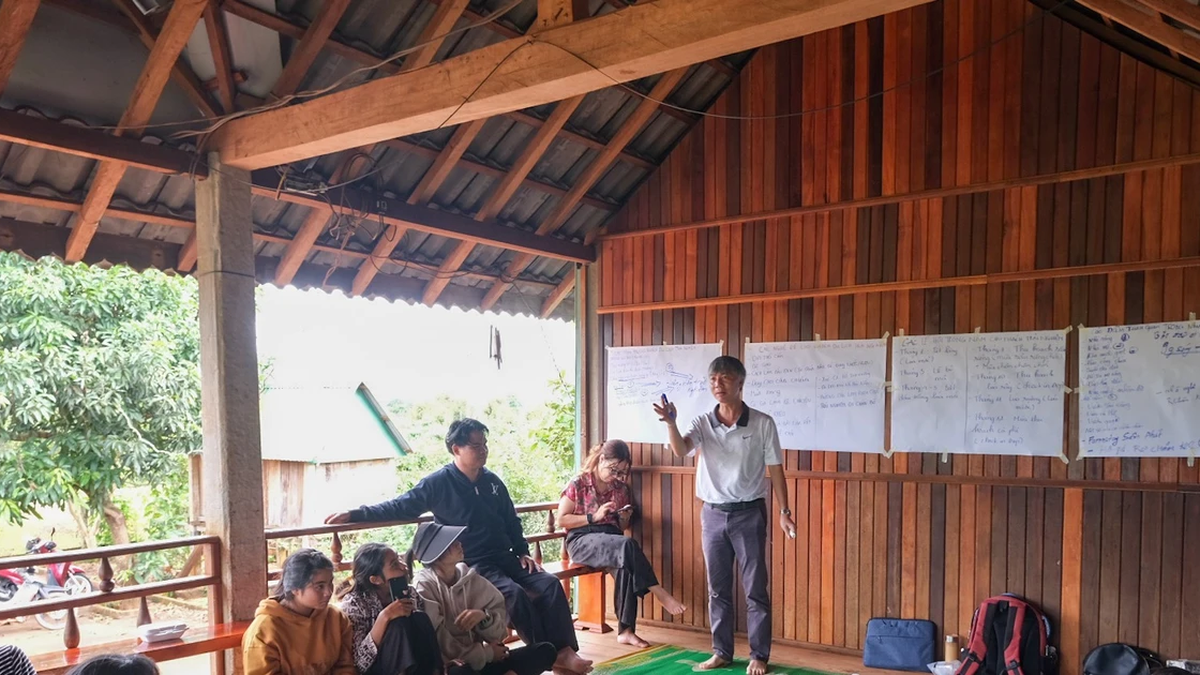
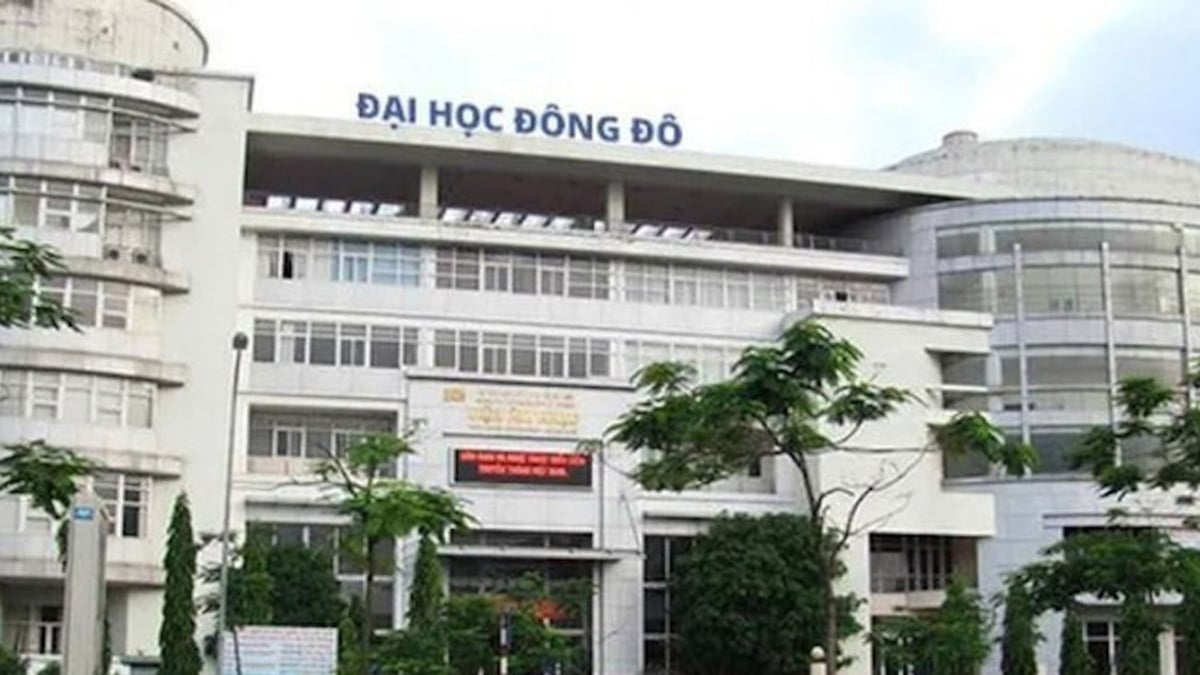
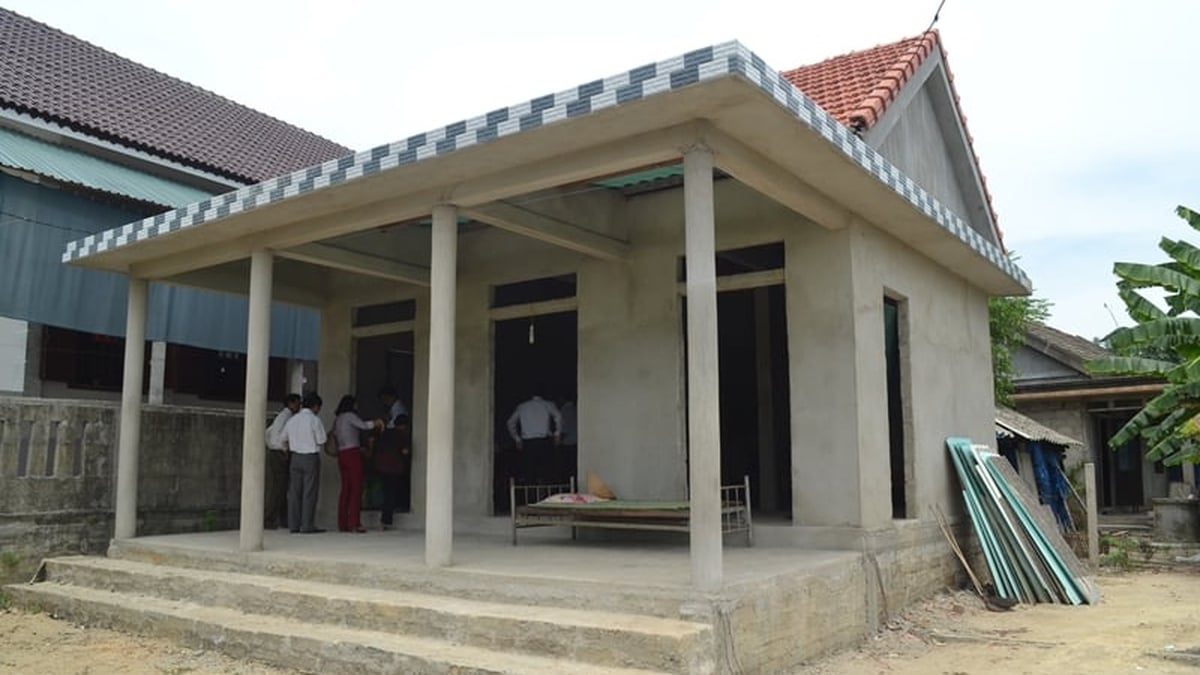
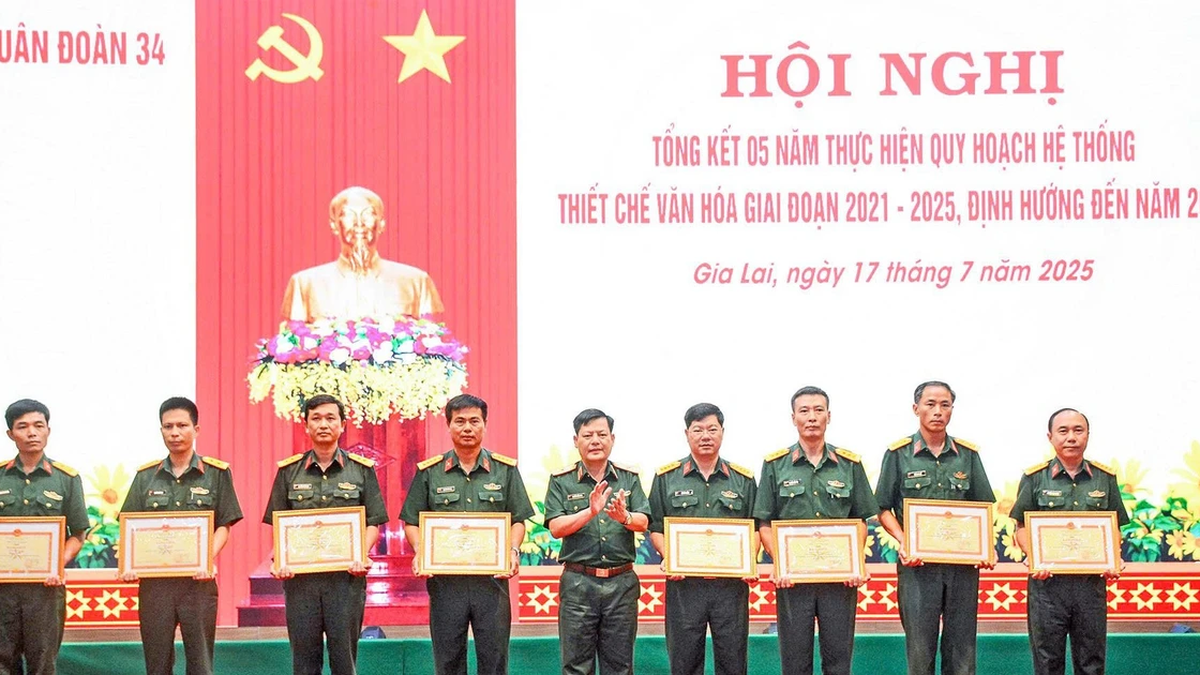
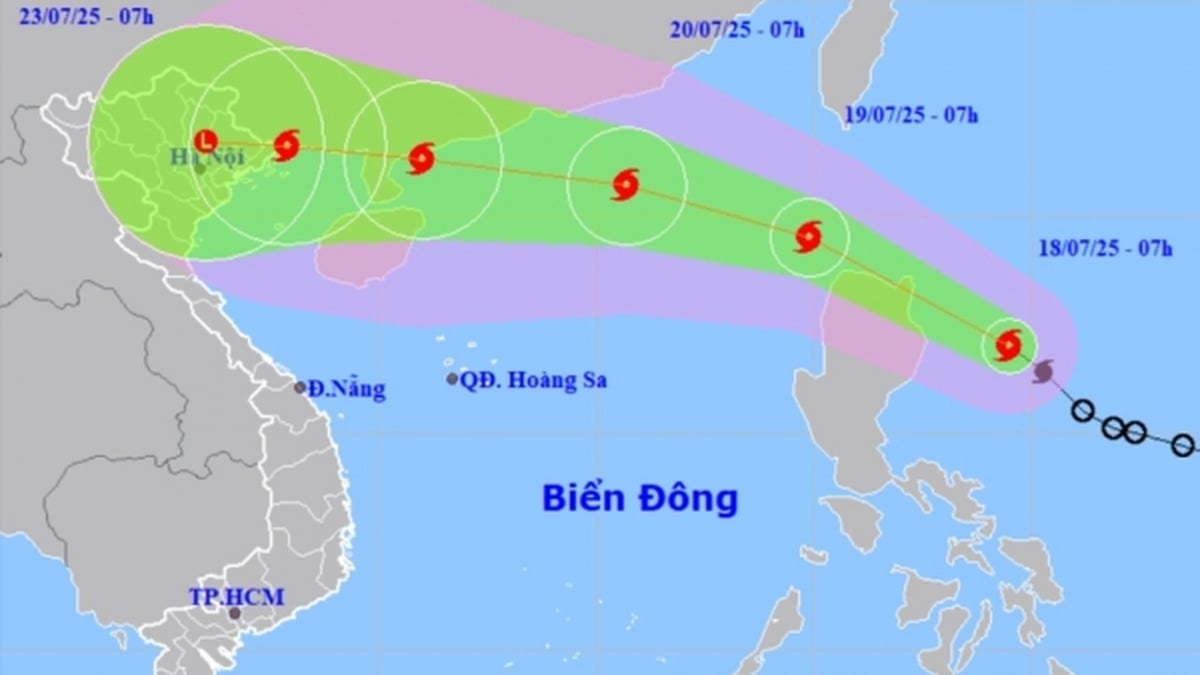
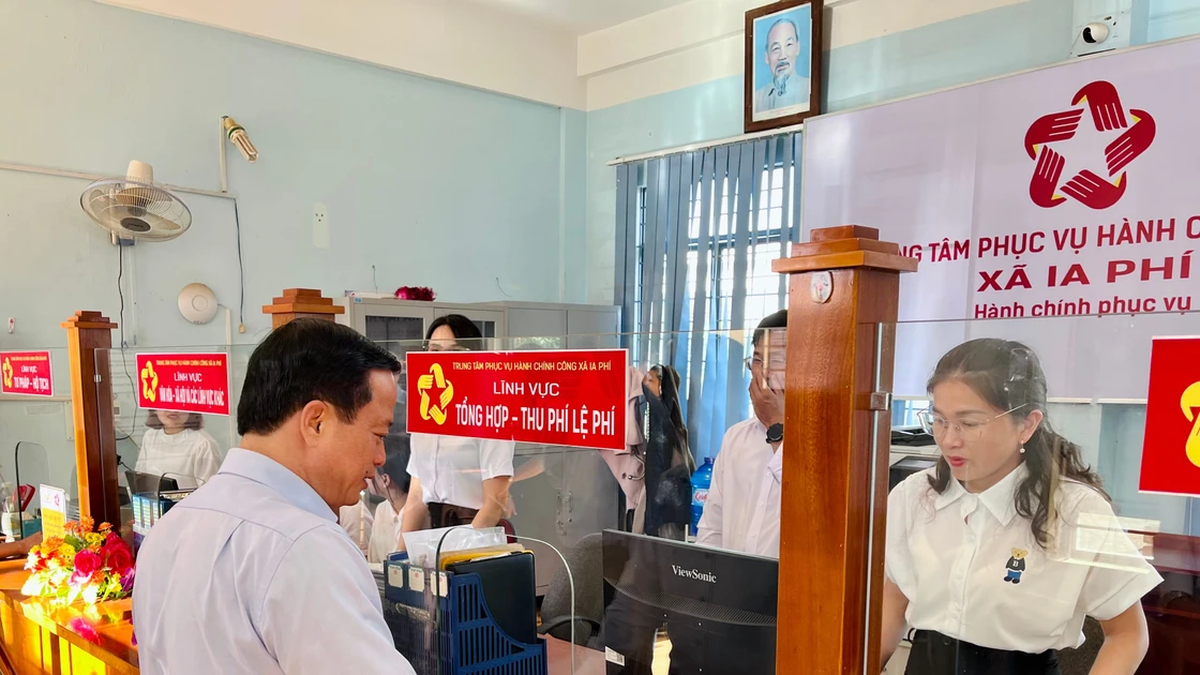

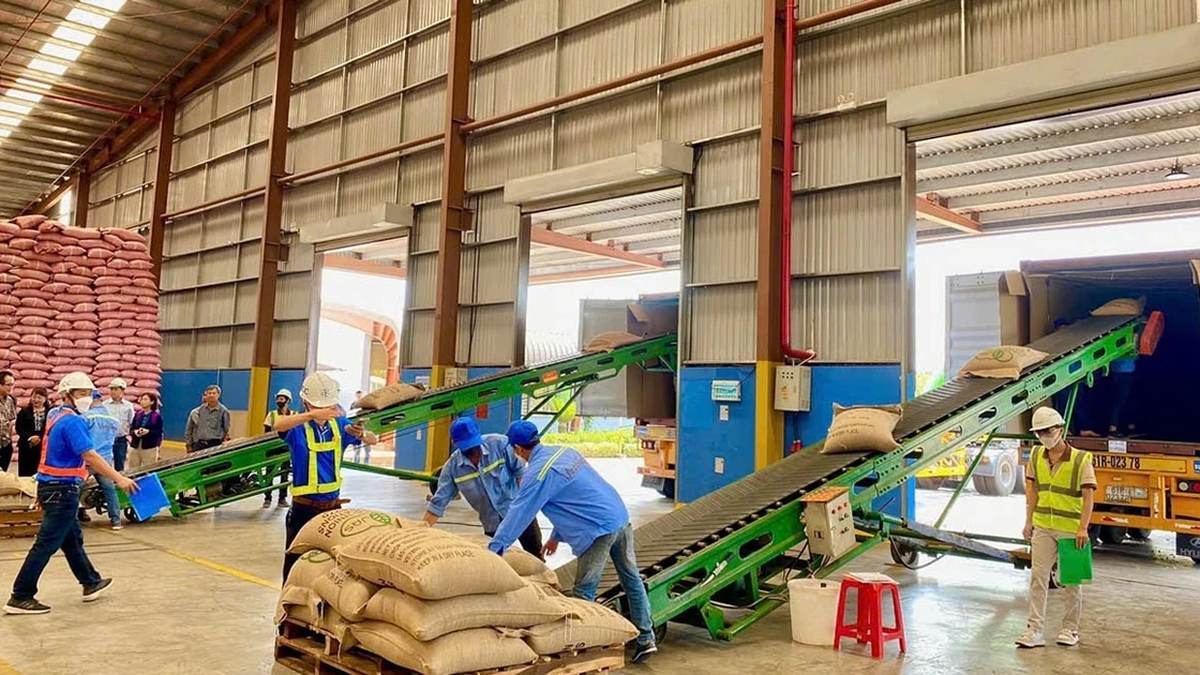
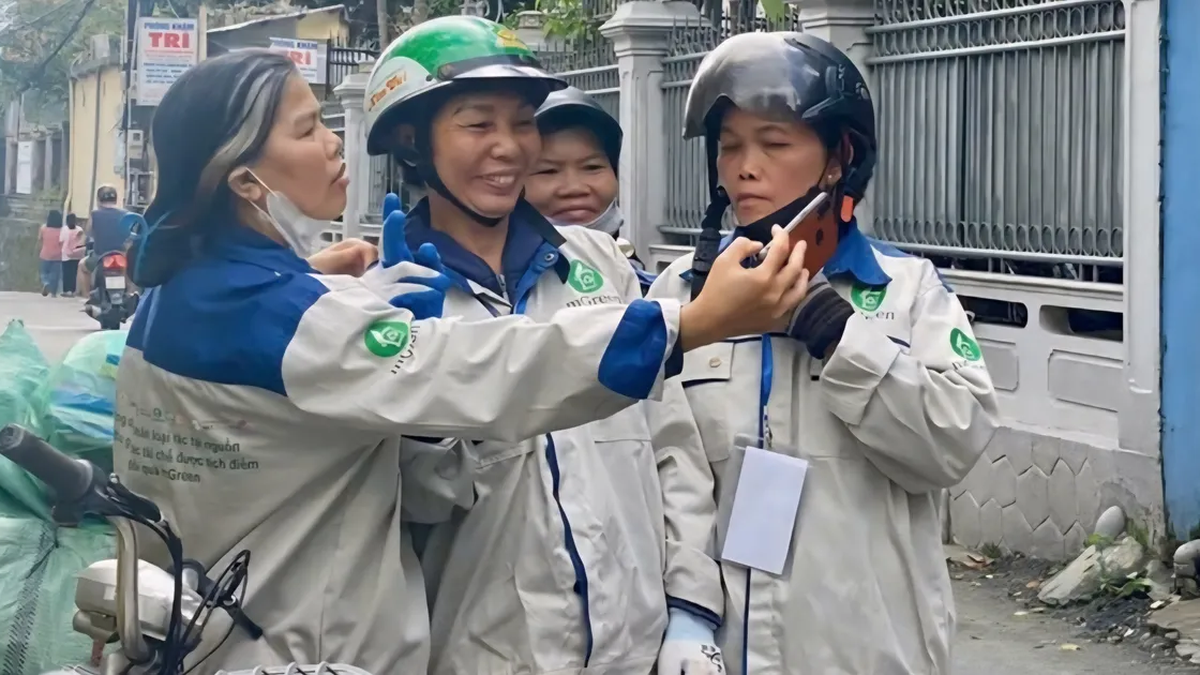
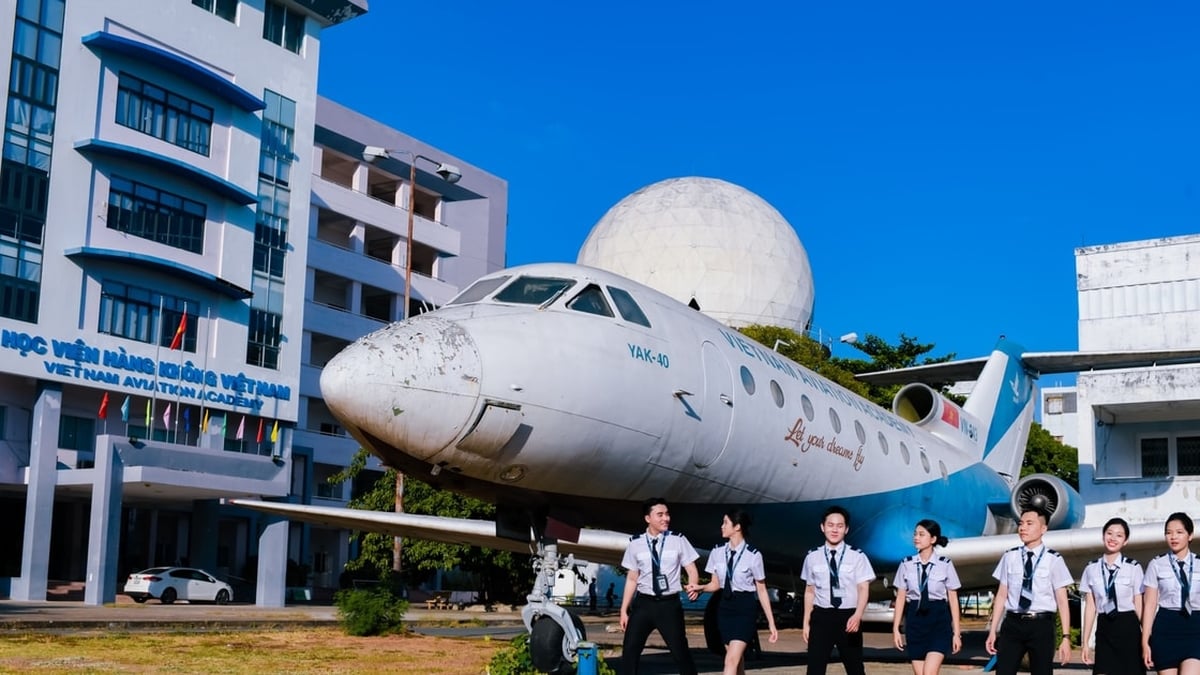


















































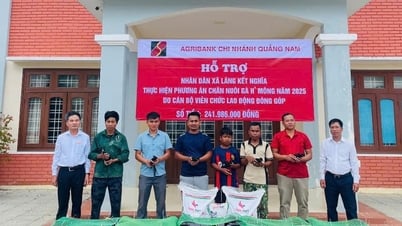






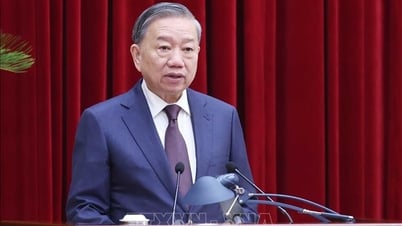

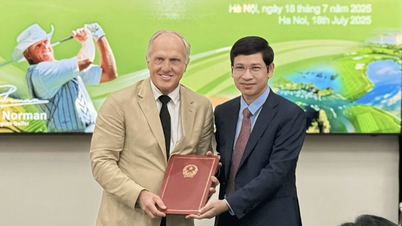

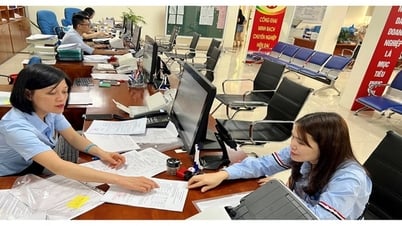




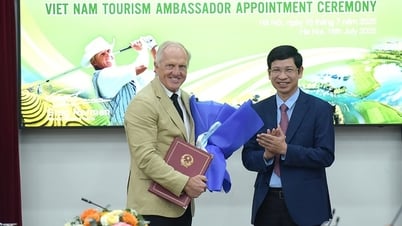


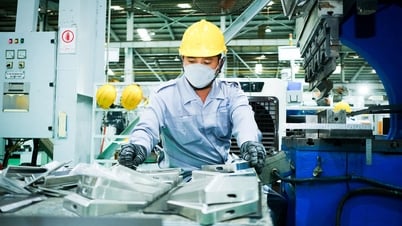














![[Infographic] In 2025, 47 products will achieve national OCOP](https://vphoto.vietnam.vn/thumb/402x226/vietnam/resource/IMAGE/2025/7/16/5d672398b0744db3ab920e05db8e5b7d)







Comment (0)